Unless the new human trafficking act, recently approved by President Jacob Zuma, is enforced it may as well not exist. (Melanie Hamman-Doucakis)
Less than a month before her 13th birthday, Mbali* and her cousin were ambushed by a group of young men as the two girls were coming out of a relative's house. One of them, who was armed with a knife, a bottle and a rock, grabbed Mbali and said, "Today, I'm taking you, I'm taking you to my house."
Were it not for the girls' neighbour who heard their terrified screams and confronted their attackers, giving the girls an opportunity to escape, Mbali would have been the victim of a "culture" gone terribly, terribly wrong.
The definition of ukuthwala and the "proper" way in which it should be practised differs depending on who you're talking to. Some define it as the abduction of a girl or young woman by a man and his peers with the intention of coercing her parents to consent to her marriage.
Others define it as the marriage of a girl or a young woman without her consent, but with the consent of her parents. In this instance, her parents will send her on an errand, having prearranged with the man's family where they will capture her. Then there's the ukuthwala with a romantic twist, an elopement of sorts, where a young couple who fear that the woman's parents will not consent to their union, decide on ukuthwala as a means to compel her parents to agree to their marriage. In the first two instances, the "bride" is caught off guard and has not consented to the marriage. In the third instance she is a willing participant in the thwala.
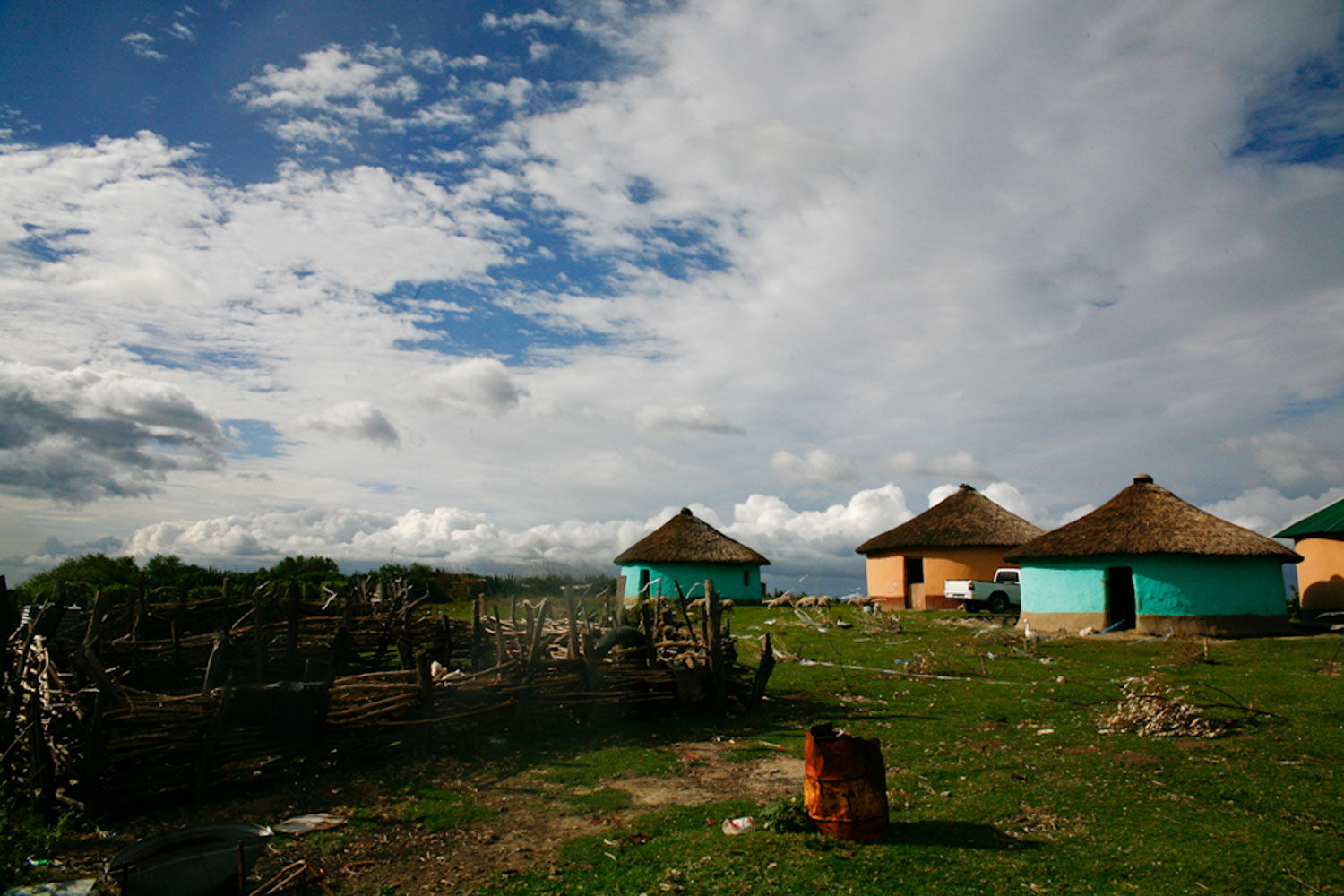 ?
?
Last Monday, President Jacob Zuma approved the Prevention and Combating of Trafficking in Persons (TiP) Act of 2013, which will take a number of months still before it comes into force. Section 4 of this Act defines trafficking in persons, which essentially is the exploitation of a person by another, after obtaining that person through some kind of force or fraudulent means to do any kind of work or task for benefit of the exploiter. The definition itself is complex, though once the various parts of the process are known they can be identified quite easily. One noticeable part of the definition is that "forced marriage" is included, which is what these stories reveal.
The significance of the TiP Act is that it gives a definitive name and clear, appropriate legislations to heinous crimes whose definitions were previously not only ambiguous, but straddled various Acts as well. The TiP Act makes it very clear that ukuthwala (that does not involve the consent of both parties being married) is trafficking in persons.

Like the South African Constitution, the TiP Act is to be lauded because it ticks all the right boxes. It is just the kind of law we expect in a democratic state that prides itself on its ardent defence of human rights. But unless it is enforced, it may as well not exist. After all, the Child Care Act and the Bill of Rights are very clear about the rights of children to freedom and security, human dignity, basic education, etc, and yet they have not stopped ukuthwala from happening. Neither has the Children's Act of 2008, which has since then, provided for the criminalisation of the trafficking of children for any purpose, including forced marriage.
Mbali, whose attempted thwala happened in the Pondoland region of the Eastern Cape in April 2012, is still suffering from her ordeal. Her parents reported the matter to their village headman, who summoned Mtura* (the chief instigator who had grabbed Mbali), his mother and his posse. Mtura admitted everything. "He said, 'I took her and I will take her again. I will not let this go,'" says Mbali's grandmother. "We threatened to take him to the police, and he said, 'Go! I'm not afraid of them. I'm ready for the police. I'm taking her and that's that.' He was arrested then released four or five days later."
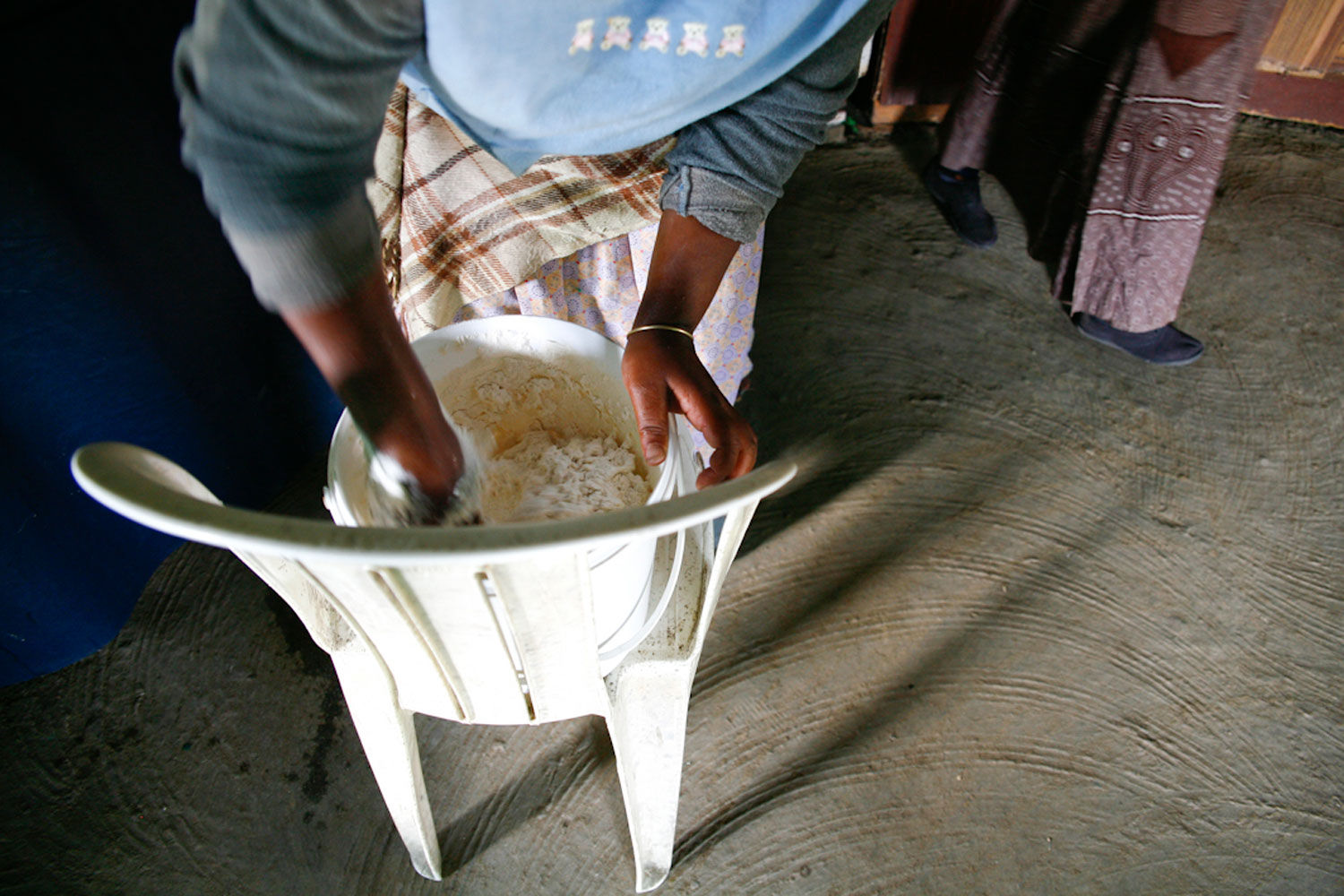
Mbali could not even go to the toilet by herself because Mtura was always around, taunting and threatening her. Mbali, who was in Grade 8 and had always done very well at school, started underperforming.
"We kept going to court but the case kept being postponed. Then one day my granddaughter got sick, she was disturbed mentally. She didn't know what day it was, or what was going on around her. She is still like that even now, although not as bad as before. You speak with her and she forgets immediately. She stopped attending the trial because it was always being postponed, plus she is unwell. Mtura smokes a lot of marijuana. His mother is a staunch defender of her son. She says her son must be left alone and the case against him must be dismissed."
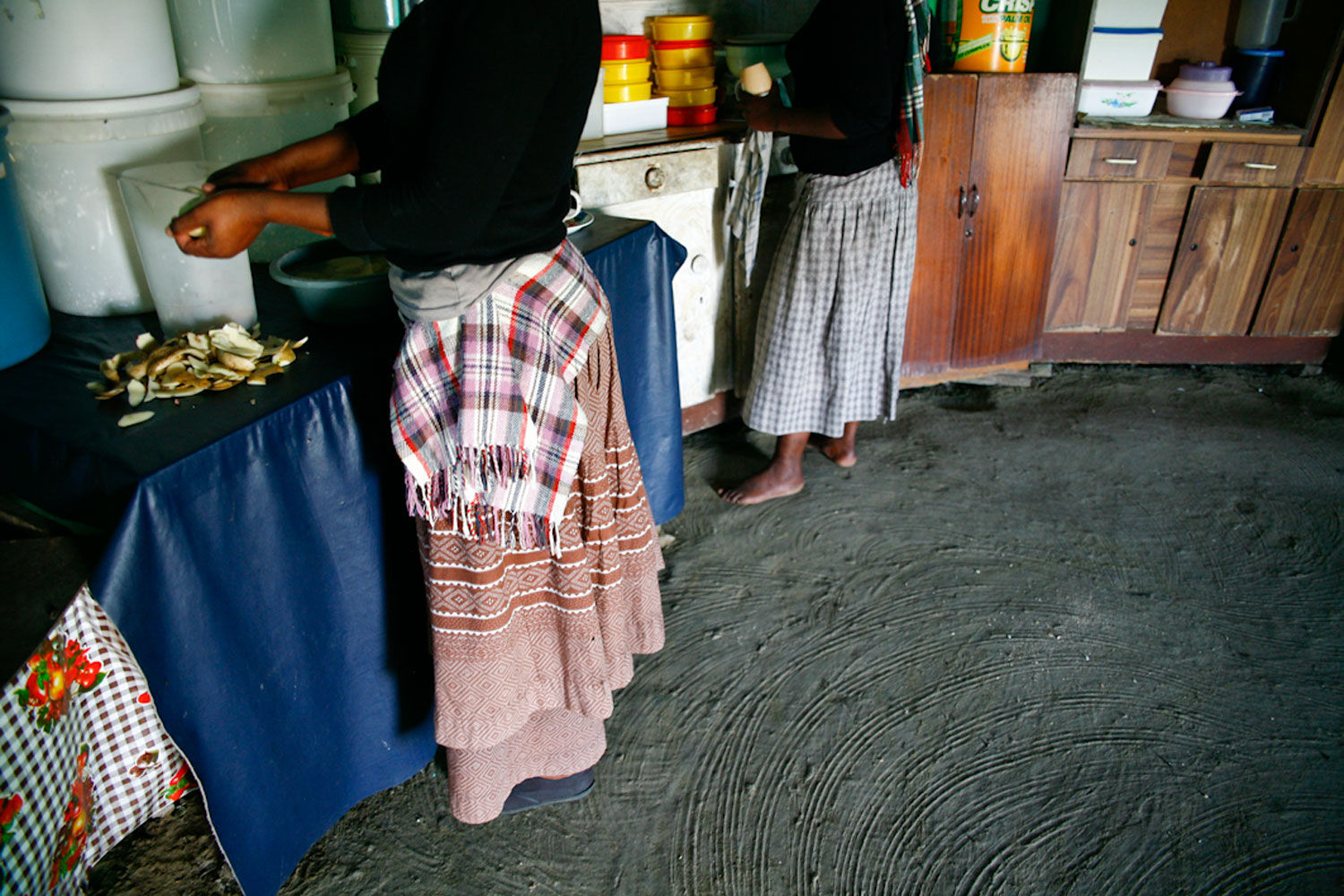
Mbali's grandmother believes that Mtura will never stop trying to abduct her grandmother, especially now that he is out of jail and the case has not gone to trial. "He says the police are his friends and they won't do anything to him." Her grandmother's fears are founded because Mtura recently told Mbali that he still intends to thwala her and that he will never stop trying.
Mbali, who used to walk the less than 10km to her school was forced to start at a new school this year in the hopes that a change of environment would help improve her mental state. Her school is no longer in walking distance, the transport costs are a further burden to her single-income household.
Yet Mbali is one of the lucky ones because her family is totally against her being married without her consent and is doing everything in their power to protect her. Other girls' abductions and forced marriages are arranged by their families.
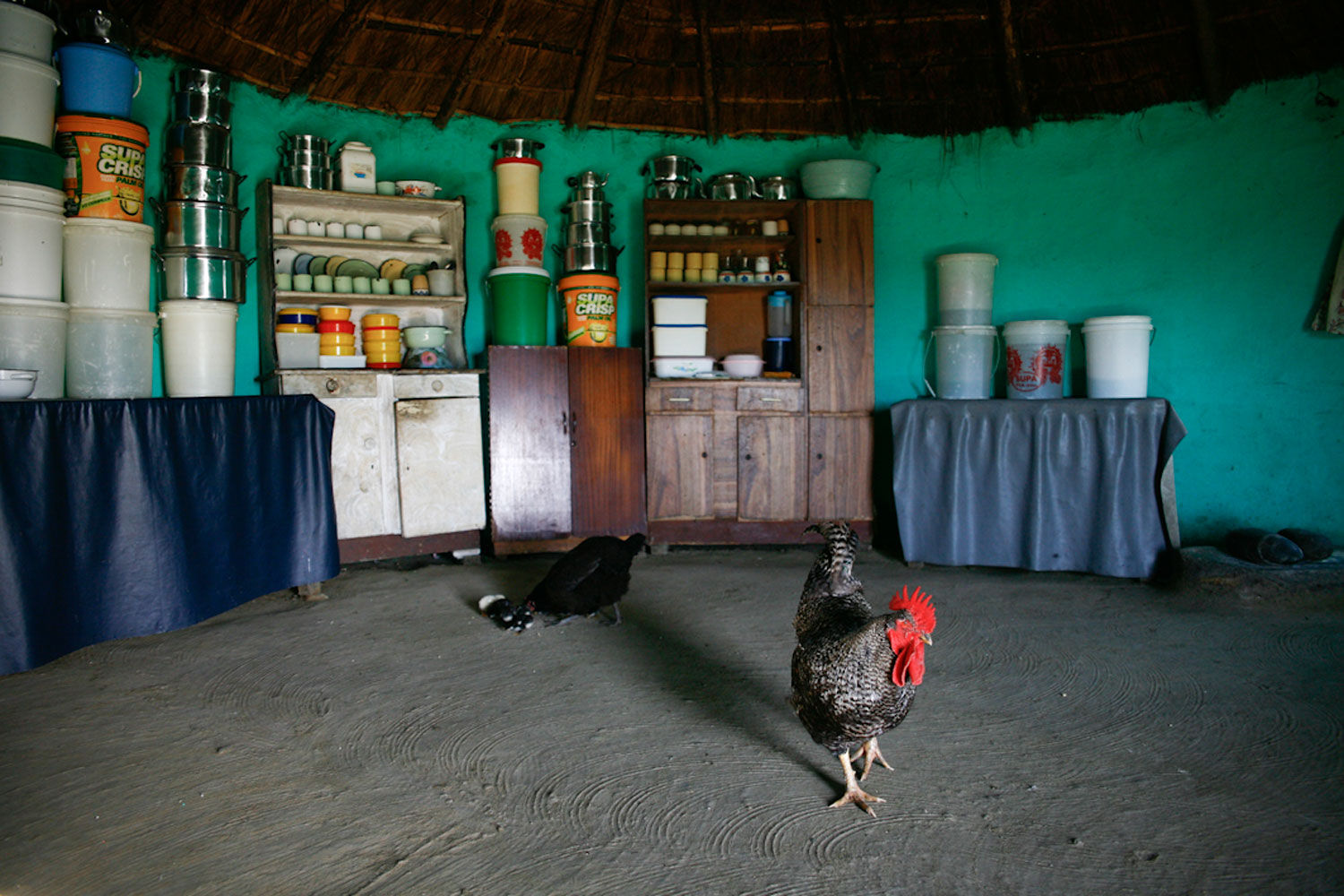
*Thandokazi in Xhora near the Transkei Wild Coast was 16 when her father plotted her thwala with her husband's family. She was snatched while accompanying her cousins home. Her cousins were in on the ruse. The mother of one of her abductors walked past them and told her to stop crying. Not knowing that her father arranged everything, Thandokazi believed that he would fetch her. But instead, her family arrived the next day to negotiate her lobola and left her behind without saying a word to her. This is when she realised that her parents agreed to the marriage.
Thandokazi is now 20 and the mother of two boys, a three-year-old and a six-month-old. "On my third night here, after my family had come and gone, I had something to eat for the first time since I was taken. The following day we went to gather wood in the forest and I tried to find ways to escape, but there weren't any because I was always closely watched and there was always somebody next to me, even when I needed to relieve myself. I didn't know where I would go if I did manage to escape, but I knew that home was not an option because my father would have beaten me and brought me back."
Eight months ago, Thandokazi learned that her father arranged her younger sister's thwala. Although she heard about it before it happened and she felt sorry for her sister, she did not warn her. "I didn't tell my sister because my father would have heard that I told her. I didn't want my father to resent me."
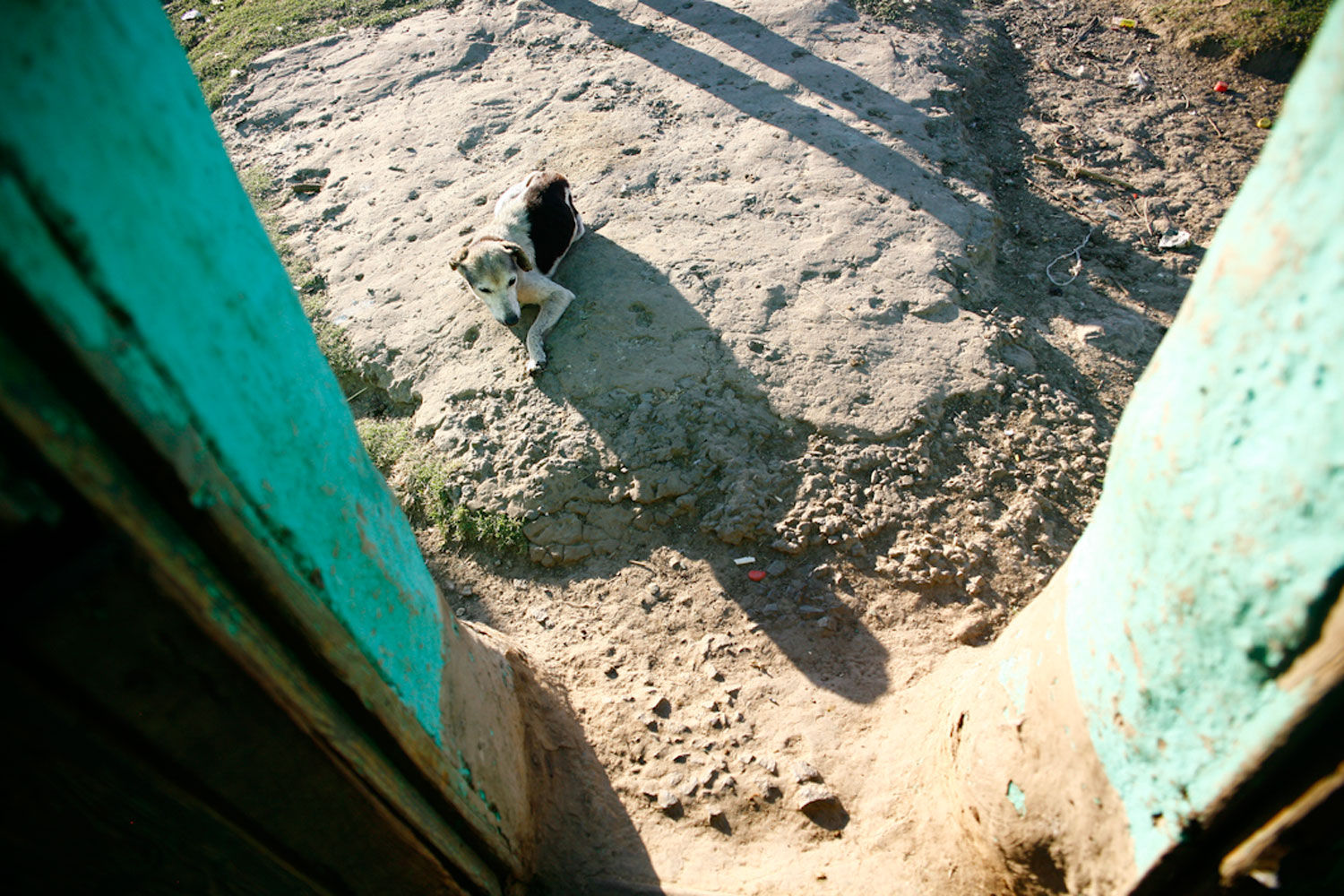 ?
?
Although she is happy in her marriage, Thandokazi still feels that ukuthwala is wrong and should be abolished because it denies women the right to choose their own partners and denies them the right to an education.
The TiP Act will not protect girls like Mbali, Thandokazi, and many others such as them unless the various government departments and other stakeholders do their bit to stop it. Most of these girls are school-going, so teachers, school governing bodies and the education department has one of the most critical role to play in reporting ukuthwala as soon as it happens. The longer the woman stays in the marriage, the more tricky it will be to enforce the TiP Act, especially after she settles into her new role as wife, and even mother and in a way accepts her fate. The complexities multiply when children are born into the marriage, additionally so if the woman has developed attachment to her new family.
It should not be the case that we have truly wonderful laws, yet not have the ability to implement them, but if those who are responsible for all aspects of implementing it and providing for the safety of all South African fail, then the laws are for naught.
* Pseudonyms have been used to protect these identities as girls and women spoke to us without their husbands' and in-laws' consent
** Interviews in the Eastern Cape were conducted as part of Media Monitoring Africa's research project entitled "The Girl-Child & Ukuthwala: Misappropriated Cultural Practices and their Contribution to Human Trafficking in South Africa". The report to be released later this year. Photographs taken by Melanie Hamman-Doucakis the project head, contactable at [email protected]